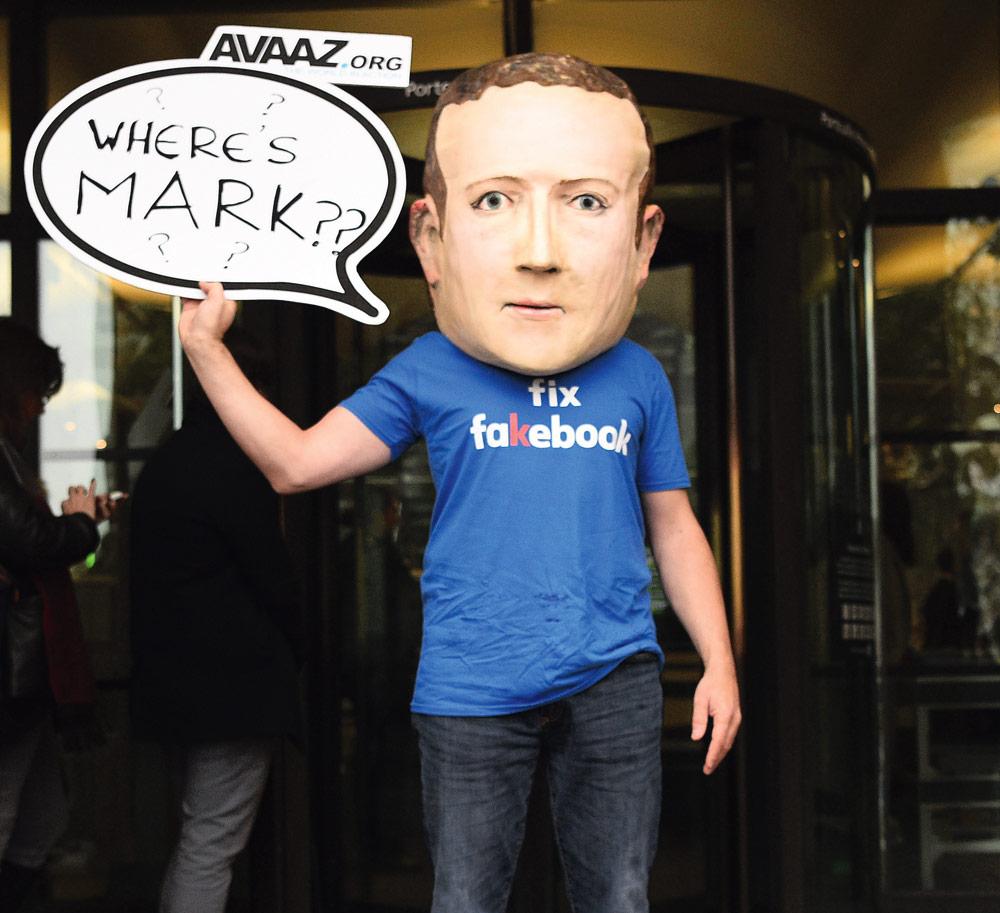
There was a time when we thought Facebook was a special company, run by special people, said Siva Vaidhyanathan on Slate. Those days are far behind us. With its relentless focus on its profits, Mark Zuckerberg’s behemoth has time and again proved itself to be just as sleazy as any other sleazy corporation.
In recent years, it has been outed for selling users’ personal data to third parties; hosting Russian propaganda intended to disrupt US elections; allowing the spread of conspiracy theories, extremist material and hate speech; and amplifying calls for ethnic slaughter in Sri Lanka and Myanmar. Now, thanks to The New York Times, we know that in 2016, under pressure over claims that it was enabling democracy to be subverted, Facebook first tried to mask its failings, and when that failed – and its stock price continued to fall – it went on the attack, hiring Definers, a PR firm that specialises in the “dark arts” of political research, to smear its critics, including the liberal financier George Soros. In some cases, Definers tried to discredit grass-roots activists by linking them to Soros, the “go-to bogeyman” for anti-Semitic and right-wing conspiracy theorists.
The funny thing is, the truth about Facebook was plain to see, on the big screen, in 2010, said Jim Rutenberg in The New York Times. When The Social Network came out, I rooted for the awkward geek taking on the establishment; since then, my sympathies have shifted. To watch the film now is to be reminded that for all his lofty talk about “connecting the world”, Zuckerberg never set out to be a force for good. His precursor to Facebook was Facemash, a “mean-spirited site” that asked students to rate their peers by their looks. And he cared not one jot about privacy: he got the photos for Facemash by hacking Harvard directory websites.
Today, Facebook has two billion users – and global domination in its sights. How can we check the power of this “unpleasant company”, asked Clare Foges in The Times. Regulators seem incapable: after the Cambridge Analytica data-selling scandal, the firm was fined a paltry £500,000; meanwhile, Zuckerberg continues to defy requests from seven national governments that he address, in person, their concerns about his firm.
It’s the arrogance that is so galling: he believes Facebook is above the rules that govern the rest of us. Since conventional power is failing to constrain it, we must exert financial leverage. We should boycott Facebook – and the companies that advertise on it. Old-school “people power may be the best weapon we have”.
This article appeared in the the 1 December 2018 edition of The Week magazine. Click here to view our subscription options, and join us in debating the week's most controversial news stories.